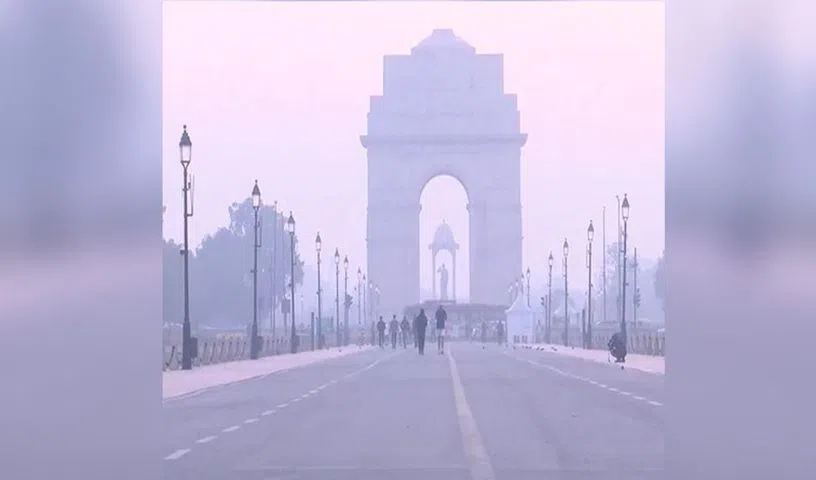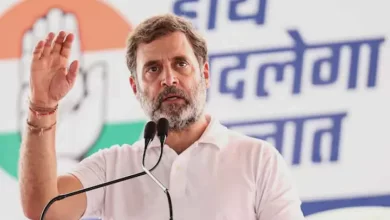
As per the real-time data provided by the SAFAR, the AQI in Delhi at 8 a.m. was recorded at 354, which falls under the ‘very poor’ category
New Delhi: A layer of smog enveloped the Delhi-NCR on Wednesday morning as the air quality index (AQI) continued to be ‘very poor’.
The AQI was recorded at 349, according to the System of Air Quality and Weather Forecasting And Research (SAFAR). The pollution levels remain grim despite the Commission for Air Quality Management (CAQM) invoking stage two of the anti-pollution plan GRAP.
As per the real-time data provided by the SAFAR, the AQI in Delhi at 8 a.m. was recorded at 354, which falls under the ‘very poor’ category.
An AQI between 0 and 50 is considered good, 51 and 100 satisfactory, 101 and 200 moderate, 201 and 300 poor, 301 and 400 very poor, 401 and 450 severe, and above 450 severe-plus.
Jahangirpuri area in the national capital was the worst affected as the AQI there was at 417, as per the SAFAR data.
The AQI at Anand Vihar was recorded at 402. The air quality remained ‘very poor’ in areas like Alipur, Ashok Vihar, Aya Nagar, Bawana, Burari, Dwarka, IGI Airport (T3), Mundka, Narela, Okhla, Patparganj, Punjabi Bagh, Rohini, RK Puram, Rohini, Vivek Vihar, Shadipur, Sonia Vihar, and Wazirpur among others.
On Tuesday also, the 24-hour AQI was 327 (very poor) at 4 p.m. in the national capital, up from 310 (very poor) a day earlier, as per the Central Pollution Control Board’s (CPCB) daily official bulletin.
A higher value of AQI means an increase in air pollution. The national capital has been under heavy air pollution for the past few days, forcing the authorities on Tuesday to impose Grap Stage 2 or the Graded Response Action Plan.
Under the second stage of the Graded Response Action Plan, the use of coal and firewood — including in hotels, restaurants, and open eateries — and diesel generator sets (except for emergency and essential services) are banned.
GRAP is a set of measures to fight air pollution in Delhi and nearby areas, based on how bad the situation is. The national capital witnesses increasing pollution levels, particularly as winter approaches and the annual smog season sets in.







